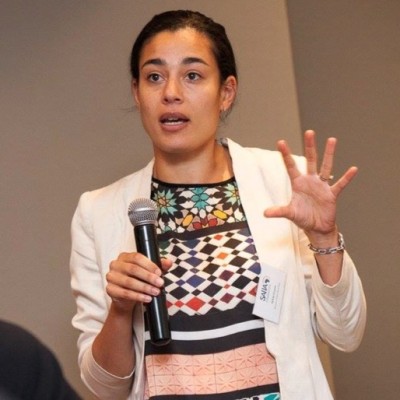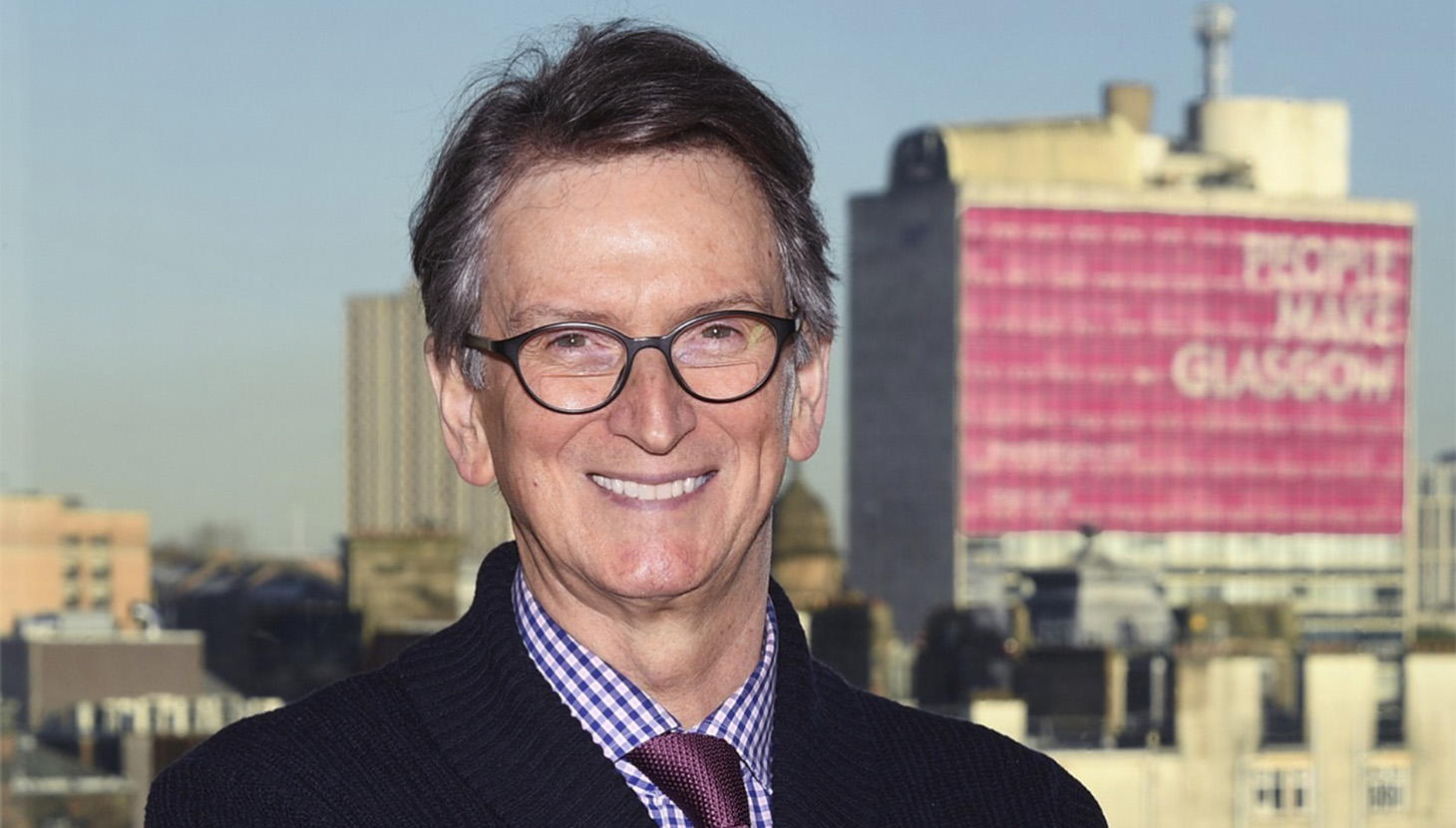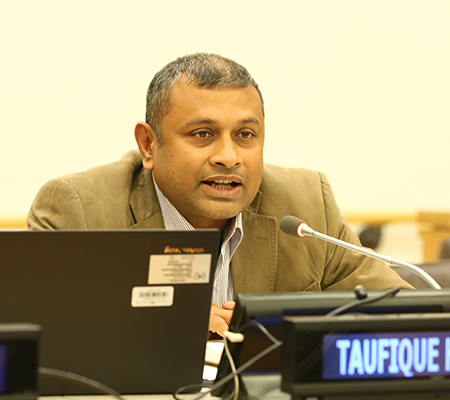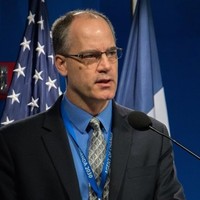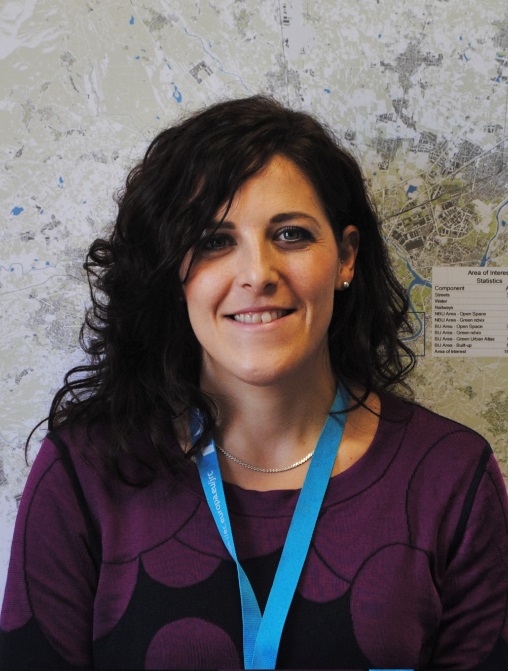Events
Thematic Session: Bolstering local action to control the pandemic and accelerate implementation
Wed 17 Jun 2020, 10.39 am — Wed 03 Feb 2021, 9.39 am
Online
Background
Co-conveners: DESA, UNECE, UNESCAP, UN-Habitat and UNODC.
External experts listed on this page and the following United Nations entities have also contributed to the workstream: CBD, ECLAC, ICAO, IOM, ITU, OSAA, UNDP, UNDRR, UNEP, UNESCO, UNIDO, UNRISD, WFP, WMO and UN-Women.
In the Political Declaration adopted at the 2019 SDG Summit, Member States reaffirmed the critical role of cities, local authorities and communities in implementing and realizing the SDGs and committed to empowering and supporting them in pursuing the 2030 Agenda. While SDG 11 on making cities and human settlements inclusive, safe, resilient and sustainable provides a clear set of Thursday, 9 July 2020 Annotated Programme as of 22 June 2020 11 targets and indicators for local and regional governments and communities to strive towards, their contributions will be critical throughout all the 17 SDGs. If current trends continue, by 2050 cities will host approximately 70 per cent of the world’s population and produce 85 per cent of global economic output. While rapid urbanization poses a number of challenges, cities also offer the opportunity to achieve multiple SDGs at scale and with efficiency. The ongoing COVID-19 pandemic has added unprecedented and unique challenges for cities, including pressure on their health care, education and safety systems, and disproportionally affected the most vulnerable groups of the society, including women and girls facing multiple discrimination. It also poses threats to rural areas that research and data has shown are often left behind in the development compared to cities. The pandemic has highlighted the important role of local governments as the provider of services in closest proximity to people. The recovery phase from the pandemic will represent an opportunity for all levels of government, including local and regional governments, to build back more inclusive, equal, resilient and sustainable societies, as laid out in the 2030 Agenda and the Paris Agreement on Climate Change.
Guiding questions:
- How can the SDG framework support response to and recovery from the COVID-19 pandemic and strengthen preparedness for future pandemics at the local level? How have urbanization challenges changed, and what are the implications of the pandemic for urban planning, resilience strategies, deployment of technologies for connectivity? How to secure financing for the recovery?
- What are the innovative actions and partnerships that cities, local authorities and rural communities are undertaking in their SDG implementation? How can we ensure that local actions are truly transformative?
- What actions can countries take to ensure that SDG implementation at the sub-national level is effectively reported and monitored in national efforts, including VNRs? How can subnational and local reviews support SDG implementation and what mechanisms could ensure coherence among sub-national and national actions?
- What type of capacity building and support is required to ensure that cities, local authorities and rural communities are empowered to implement the SDGs?
- How can developing countries better manage the surge of urbanisation to make cities more productive, sustainable and equitable thus enabling attainment of SDGs?
- What is the role of science, technology and innovation in the transformation to sustainable and equitable urban systems, which also incorporate and address informality and help overcome the digital divide?



